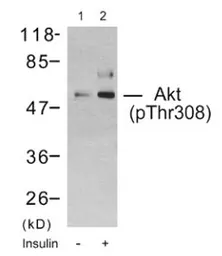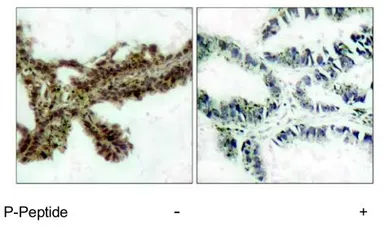AKT (phospho Thr308) antibody
Cat. No. GTX79150
Cat. No. GTX79150
-
HostRabbit
-
ClonalityPolyclonal
-
IsotypeIgG
-
ApplicationsWB IHC-P
-
ReactivityHuman


